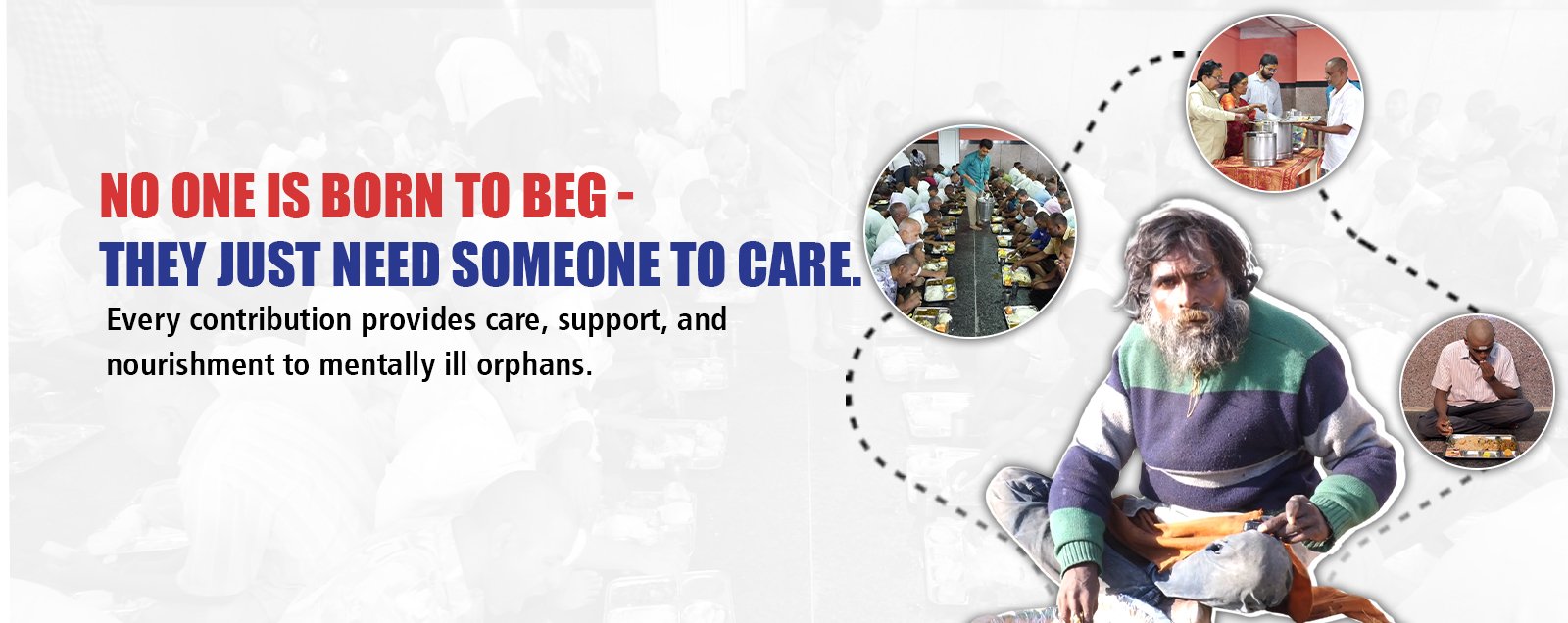- News
- News Blog
Locate Us
3-330/1H/2, Opp. Balaji Ramakrishna Temple, Valigonda Road, Choutuppal, Yadadri Bhuvanagiri , Telangana.
Quick Links
Connect with Us
© 2025. All rights reserved.














